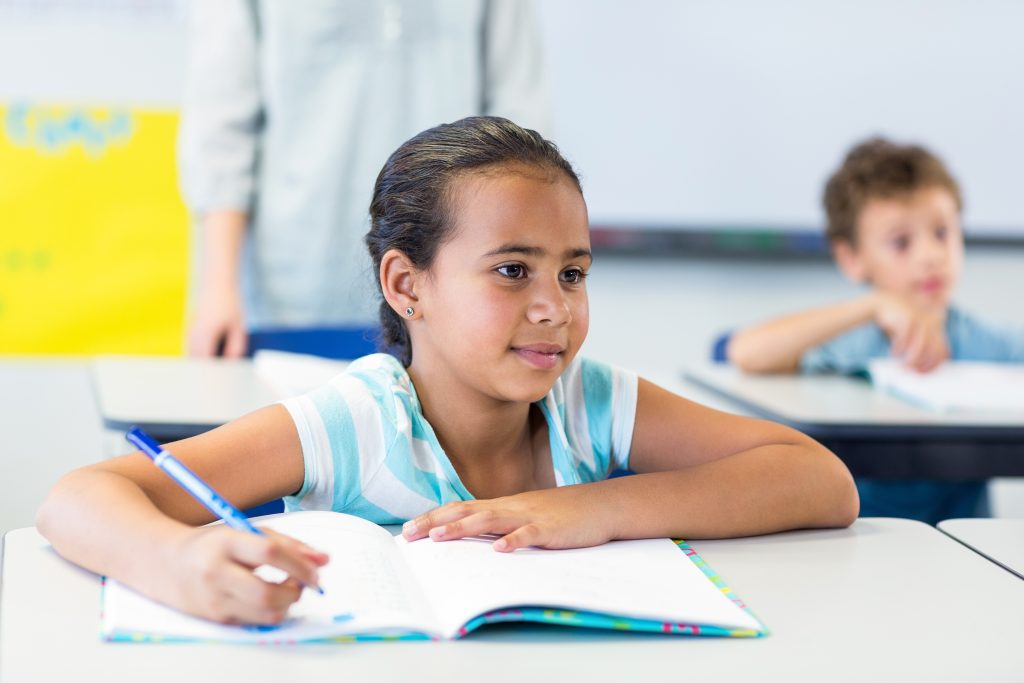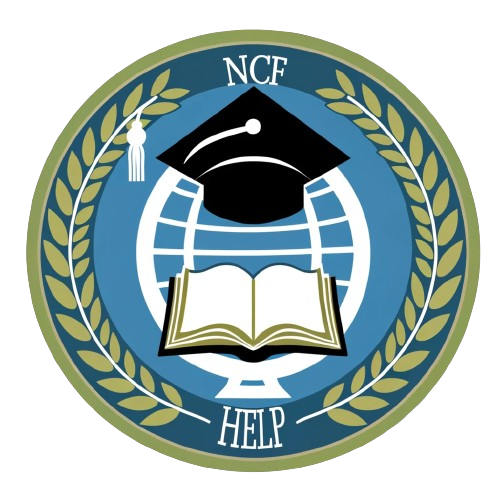Teaching isn’t just about delivering lessons; it’s about making them resonate with every student in the classroom. One way to ensure students truly engage with the material is through self-assessment, a strategy that fosters greater ownership of learning. Here’s a look into making self-assessment work effectively for students in CBSE, ICSE, IGCSE and IB schools based on my experience.
Why Bother with Self-Assessment?
Understanding What Students Bring to the Table
Before we dive into algebra equations or history timelines, understanding what each student knows is crucial. Self-assessment helps us understand what each student already knows before we start teaching new material. It’s like a warm-up that helps us adjust our teaching so that all students can follow along right from the beginning.
Encouraging Students to Reflect on Their Learning
Beyond just academics, self-assessment teaches students to be mindful of their learning processes. It’s about asking, “How well do I know this?” and “What do I need to work on?” This habit encourages students to actively manage their own learning, rather than just responding to what’s taught.

Making Self-Assessment Work in Your Classroom
Asking the Right Questions
The key to effective self-assessment lies in the questions we ask. They should be clear, direct, and tailored to the course content. Consider questions that range from simple knowledge checks to ones that probe deeper understanding:
Self-Assessment questions on Maths
- “If you had to teach someone how to solve algebraic equations, how ready would you feel? Would you be happy to do it tomorrow?”
- “Imagine you’re on a quiz show. How confident would you be answering questions about geometry?”
- “Think about your last math test on percentages. How smoothly did you find the solutions?”
- “After our lesson on fractions, how confident are you in adding two fractions? Rate yourself from 1 to 5.”
- “Can you plot a point on a graph if given coordinates? Rate your skill from 1 (not confident) to 5 (very confident).”
- “How well do you understand the concept of multiplication of decimals? Rate your understanding from 1 to 5.”
Self-Assessment questions on Environmental Studies (EVS)
- “If you were explaining the water cycle to Amit, how well could you do it?”
- “Imagine writing a short article about conservation practices. How would you start it? Are you feeling comfortable with the topic?”
- “If asked to lead a class discussion on renewable resources, how prepared would you be? How much help would you need if you wanted to write about it?”
- “How confident are you in explaining the process of photosynthesis? Rate from 1 (not confident) to 5 (very confident).”
- “Can you list the major types of pollution? Rate your knowledge from 1 to 5.”
- “After our field trip to the local river, how well can you discuss the ecosystem services provided by rivers? Rate your understanding from 1 to 5.”
Self-Assessment questions on English and other Languages
- “If you had to write a poem about your hometown, how easy would it be for you to express your thoughts?”
- “Think about a recent textbook story you read. How comfortably could you summarize it to a friend?”
- “If you were asked to correct grammar mistakes in a paragraph, how capable do you feel?”
- “How confidently can you write a निबंध (essay) on ‘मेरा विद्यालय’ (My School)? Use a scale from 1 to 5.”
- “Rate your ability to read and understand a पद्य (poem) in Hindi from 1 to 5.”
- “After today’s discussion on पर्यायवाची शब्द (synonyms), how well can you use them in sentences? Rate from 1 (not confident) to 5 (very confident).”
Self-Assessment questions on Chemistry
- “Imagine you are mixing chemicals for a science fair project. How sure are you about choosing the right ones?”
- “If you had to explain atomic structure to a classmate, how clear are you about the topic?”
- “Think about a chemistry experiment you watched recently. How well could you replicate it on your own?”
- “How confident are you in balancing chemical equations? Rate from 1 to 5.”
- “Can you name the first 20 elements of the periodic table? Rate your memory from 1 (unsure) to 5 (very sure).”
- “After our experiment on acid-base reactions, how well can you explain why certain substances change color? Rate from 1 to 5.”
Self-Assessment questions on Physics
- “If your friend missed the class on gravity, how well could you explain it to them?”
- “Imagine you’re building a model rocket. How confident are you with the physics principles needed for the launch?”
- “If you were to explain why objects float or sink, how clear would your explanation be?”
- “Rate your understanding of Newton’s First Law of Motion from 1 (no understanding) to 5 (full understanding).”
- “How confident are you in calculating the speed of an object from given data? Use a scale from 1 to 5.”
- “Can you explain what causes seasons on Earth? Rate your explanation skills from 1 (weak) to 5 (strong).”
Self-Assessment questions on Biology
- “If someone asked you about the human respiratory system, how detailed an explanation could you provide?”
- “Think about the last time you looked through a microscope at cells. How well could you describe what you saw?”
- “Imagine you’re a guide at a botanical garden. How effectively could you describe the plants’ life cycles?”
- “How well can you identify different parts of a plant and their functions? Rate from 1 (not confident) to 5 (very confident).”
- “After our class on human digestion, how confidently can you trace the path of food through the digestive system? Rate from 1 to 5.”
- “Can you explain what DNA is and why it is important? Rate your understanding from 1 (not sure) to 5 (very sure).”
Implement self-assessments in a way that feels like a natural part of learning, not an added exam stress. Make it anonymous where possible to encourage genuine responses. The goal is insight, not grades.
Veena Singh, NCF Help
Addressing the Difficulties Faced by Teachers
Concern: Students Won’t Do It If It’s Not Graded
Let’s be real: if students thought they could skip walking to school and still learn, some just might try it! The trick is to make learning the goal, not just completing a task. When students see how these assessments help guide their learning and highlight their growth areas, they begin to value them beyond just a grade.
Strategy: Reinforce the Value of Practice
Treat every piece of classwork as a step towards mastering the skill. Regular, focused feedback can transform a reluctant student into an engaged learner.

Concern: Students Might Game the System
Strategy: Implement a Gateway Strategy for Assessment Success
Yes, some students might try to take shortcuts. But we can prevent this by requiring them to do well on their regular assignments (Formative Assessments) before they can move on to the major tests (Summative Assessments). It’s not about limiting chances; it’s about ensuring they’re ready to move on.
Wrapping It Up: Embracing Self-Assessment
Self-assessment isn’t merely the latest educational trend; it’s a crucial step towards nurturing learners who can think and act independently. As educators, our role transcends the simple delivery of facts—we are enablers of a deeper, more meaningful connection with knowledge.
Incorporating self-assessment into our educational practices transforms our classrooms into Pathshalas of self-awareness. By empowering our students with this tool, we not only enhance their learning experience but also open the door to surprising lessons they might teach us. Let’s continue to guide and be inspired by our students as they grow into curious and capable individuals.


Comments
10 responses to “Power of Student Self-Assessment”
Excellent guidelines . Self assessment leads to self improvement and analysis.
Thank you! Absolutely, self-assessment is a key step towards self-improvement and deeper understanding.
Excellent guidelines 👍
Thank you for your kind words!
Amazing article! Self assessment is really important for improvement.
Thank you so much! I completely agree, self-assessment is crucial for ongoing personal and academic growth.
Good morning
Good morning! Hope you enjoyed reading the article.
Superb guidance for all teachers.
Self assessment leads to self improvement and confidence…….
Thank you for your kind words! Yes, self-assessment not only boosts improvement but also significantly enhances confidence among learners.